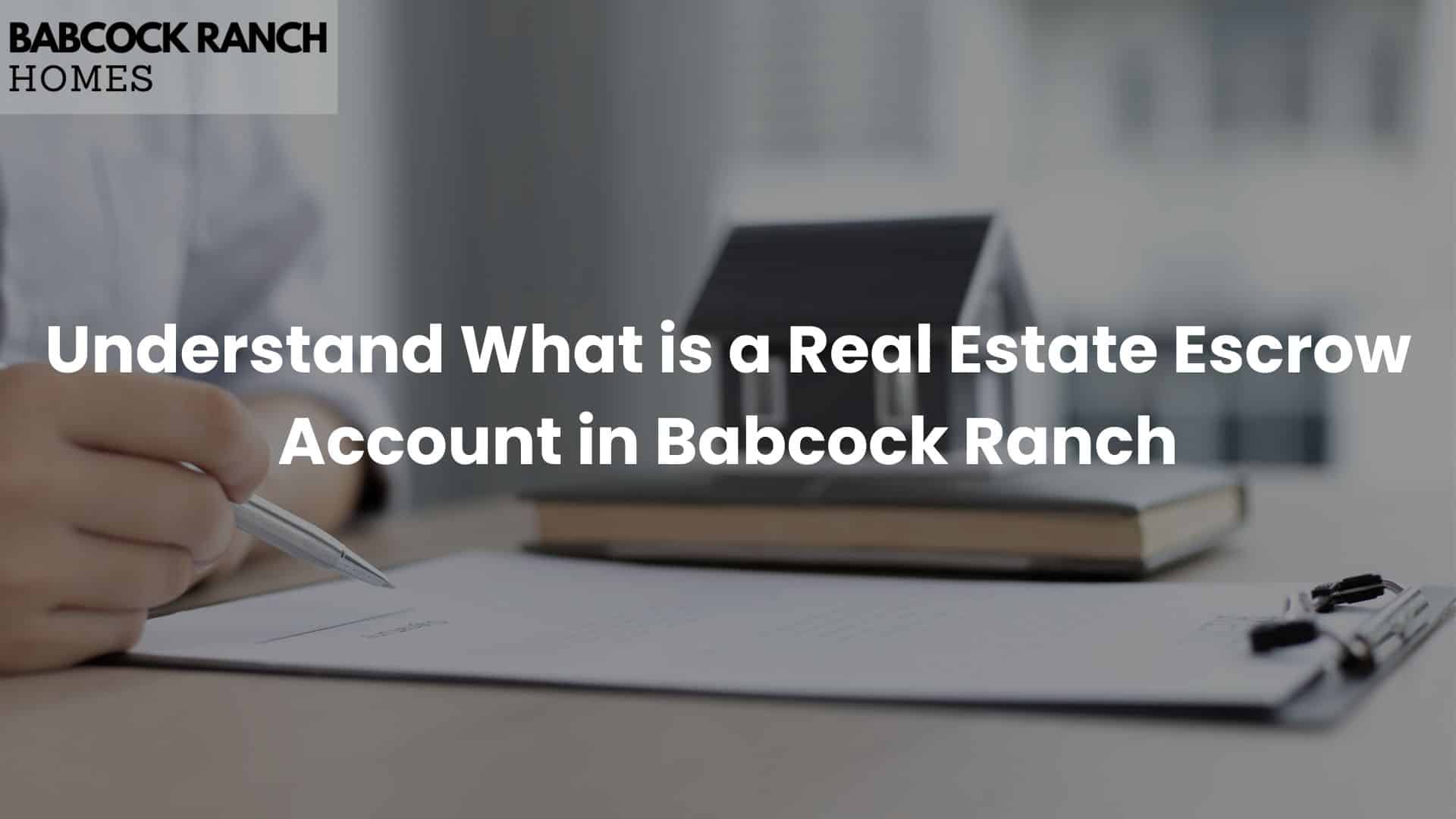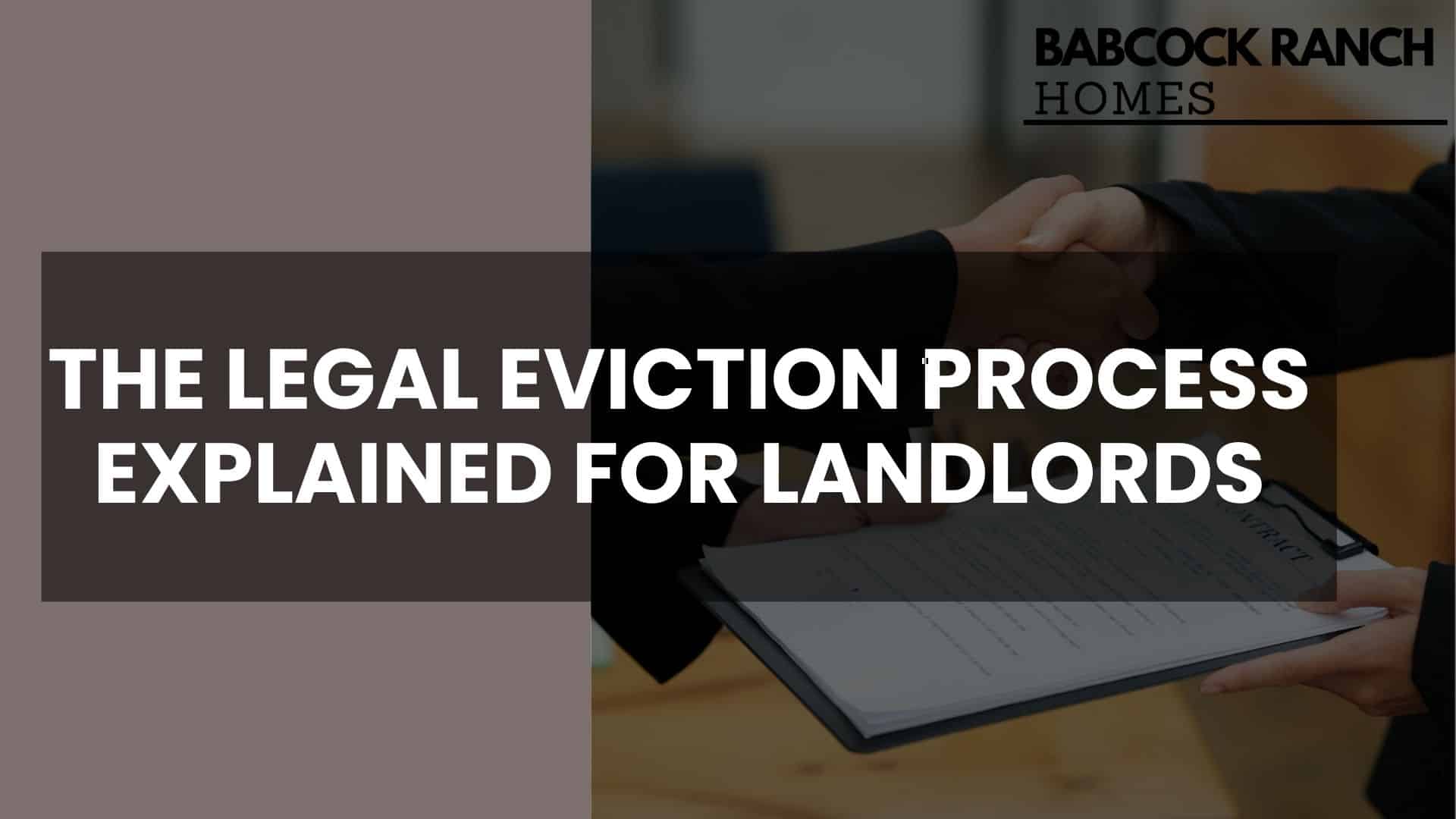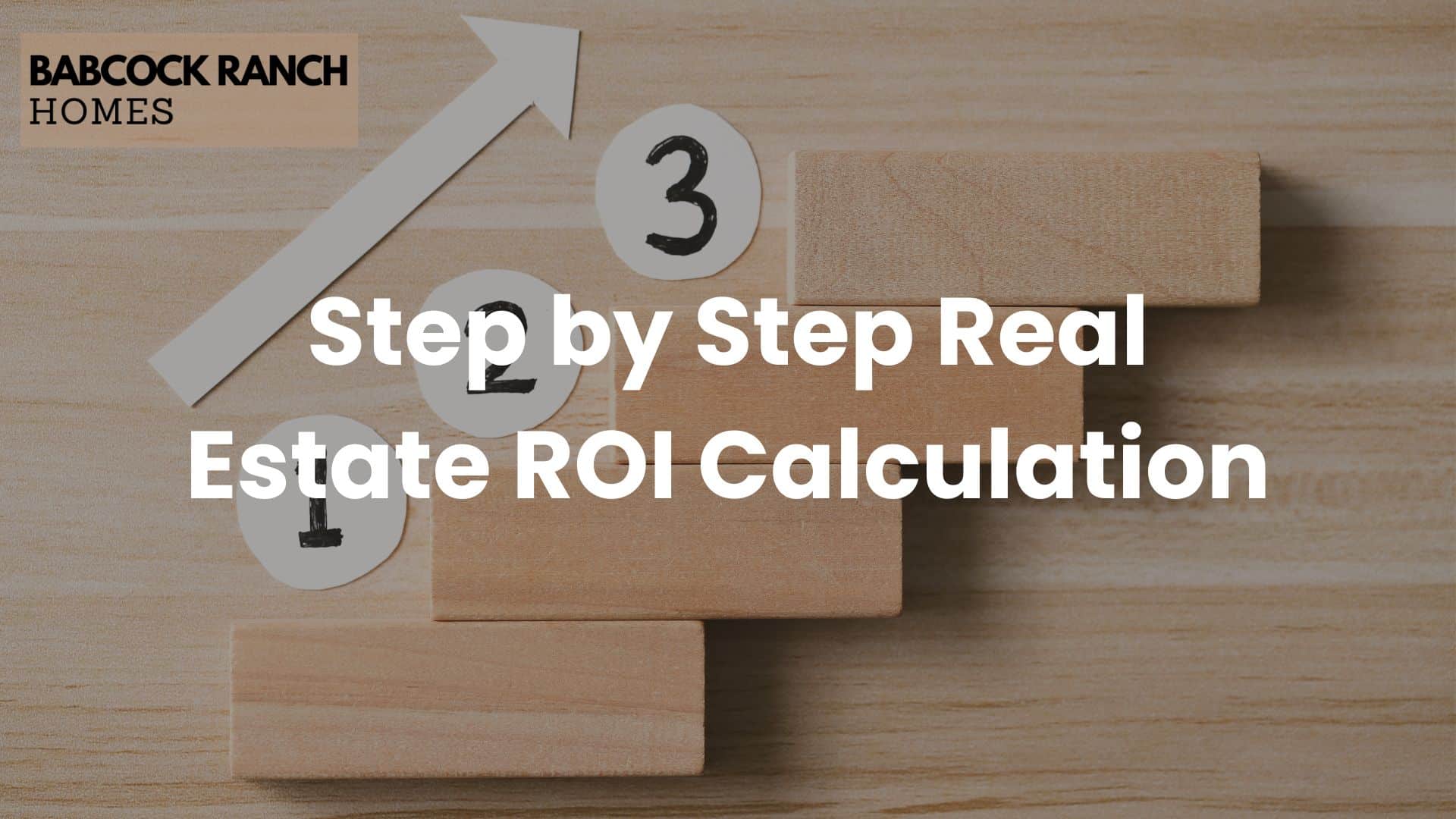
Did you know 93% of Florida homebuyers rely on third-party financial safeguards to complete property purchases securely? In fast-growing communities like Babcock Ranch, these tools ensure trust and transparency during high-stakes transactions.
When purchasing property, neutral third parties hold funds and paperwork until both parties fulfill agreements. This system prevents disputes and keeps transactions moving forward smoothly. For Babcock Ranch’s eco-conscious homeowners, these safeguards align with the community’s emphasis on sustainable, stress-free living.
Two main variations exist: one for purchase agreements and another for ongoing property costs. Both versions protect your investment while meeting Florida’s legal requirements. Local experts often recommend specific providers familiar with Southwest Florida’s unique market conditions.
Key Takeaways
- Third-party oversight ensures secure transactions for buyers and sellers
- Florida regulations mandate specific safeguards for property transfers
- Different account types serve distinct phases of ownership
- Local providers understand regional market nuances
- Proper management prevents delays in closing processes
Introduction to Escrow in Real Estate Transactions
Babcock Ranch residents prioritize secure and transparent dealings when moving properties between parties. This approach aligns with Southwest Florida’s emphasis on ethical, community-focused growth. Neutral oversight ensures every transaction meets legal standards while protecting financial interests.

How Protective Intermediaries Operate
During property transfers, funds and documents remain with independent professionals until both sides satisfy agreed terms. These experts verify inspections, title searches, and payment timelines. Their involvement prevents either party from accessing assets prematurely, reducing conflict risks.
Local agents familiar with Babcock Ranch’s eco-friendly developments often streamline paperwork for solar-ready homes or conservation-focused communities. This specialization helps buyers and sellers navigate unique requirements efficiently.
Why Impartial Management Matters
Third-party handlers act as referees, ensuring contractual obligations get fulfilled before releasing resources. They don’t advocate for either side—their loyalty lies with the transaction’s integrity. This neutrality becomes crucial when resolving last-minute negotiation hurdles.
For example, if unexpected issues surface during a home inspection, your escrow provider maintains control until revised terms get documented. This structure keeps deals moving forward while safeguarding your deposit and ownership rights.
What is a Real Estate Escrow Account
Secure financial holding systems form the backbone of property transactions in growing communities. These arrangements keep payments safe while ensuring all parties meet their obligations. Let’s explore how these tools work in practice.

Defining the Function and Purpose
An escrow account acts like a temporary vault for transactions. Neutral third parties hold payments until every contract term gets fulfilled. This setup benefits both buyers and sellers during home purchases.
Two primary types exist:
- Transaction-based: Holds earnest money deposits during sales
- Ongoing: Manages recurring costs like taxes and insurance
Some regions call these arrangements “impound accounts.” Terminology varies, but the core purpose remains identical—protecting financial interests. Providers follow strict protocols to prevent unauthorized access to stored payments.
Security measures include encrypted transfers and dual verification systems. These features reduce fraud risks while maintaining transaction transparency. Your money stays protected until all conditions are satisfied.
Whether buying a solar-powered home or managing annual property costs, escrow services adapt to your needs. They create peace of mind by ensuring no funds change hands prematurely.
Role of Escrow Accounts in Homebuying
In Babcock Ranch’s eco-conscious community, earnest money deposits signal serious intent to sellers while protecting your interests. This financial commitment bridges trust between parties during property negotiations. Local experts at Babcock Ranch Homes guide clients through each phase, ensuring compliance with Southwest Florida’s unique market standards.

Managing Earnest Money Deposits
Your deposit typically ranges from 1-3% of the purchase price. Funds transfer to a neutral holding service within three business days after contract signing. This step locks in your offer and shows sellers you’re invested in the transaction.
Three conditions determine fund release:
- Successful home inspection results
- Clear title search findings
- Meeting agreed-upon closing deadlines
If issues arise, Babcock Ranch Homes negotiates extensions or returns deposits per contract terms. Their team reviews contingency clauses to protect your investment.
Facilitating a Smooth Closing Process
Third-party management coordinates final steps like loan approvals and deed transfers. Funds release only when all documents meet legal requirements. This prevents last-minute surprises during property handovers.
Local providers track:
- Tax proration calculations
- Insurance policy effective dates
- Seller credit verifications
With Babcock Ranch Homes’ support, 92% of transactions close within 45 days. Their expertise in solar-ready homes and conservation easements streamlines complex deals.
Escrow Accounts for Managing Taxes and Insurance
In Southwest Florida, mortgage lenders simplify annual financial responsibilities by bundling them into your monthly payments. This approach aligns with Babcock Ranch’s focus on sustainable living and stress-free budgeting. Your lender calculates estimated costs for property taxes and insurance, then divides them into twelve equal installments.
How Lenders Manage Property Taxes
Florida’s tax system requires timely payments to avoid penalties. Lenders collect a portion of your mortgage payment each month, holding it in escrow until bills arrive. They analyze local tax rates and property values to estimate annual obligations accurately.
Three factors influence your monthly contribution:
- County assessment timelines
- Homestead exemption status
- Future rate change projections
This system prevents surprise bills while ensuring local services receive funding on schedule. Southwest Florida’s unique storm preparation needs make consistent tax payments particularly vital for infrastructure maintenance.
Integrating Homeowner Insurance Payments
Your mortgage payment combines insurance premiums with tax obligations for streamlined management. Lenders coordinate with providers to renew policies before expiration dates. This includes mandatory hurricane coverage and optional flood protection common in coastal communities.
Key benefits include:
- Automatic payment of annual premiums
- Single due date for multiple expenses
- Early detection of coverage gaps
By handling these payments directly, lenders protect their investment in your property while giving you one less financial task to track. Babcock Ranch homeowners particularly appreciate this efficiency when managing solar panel warranties or green building certifications.
Benefits of Using Escrow in Real Estate
Florida’s sunny climate isn’t the only thing protecting homeowners—third-party financial safeguards shield investments during high-value transactions. These systems provide layered security while simplifying budgeting for Southwest Florida’s unique property needs. Babcock Ranch Homes educates clients on maximizing these advantages in eco-conscious communities.
Enhanced Security and Fraud Prevention
Your funds remain protected through encrypted transfers and dual verification protocols. Neutral handlers verify all contract terms before releasing payments, preventing unauthorized access. This structure deters scams common in fast-moving markets like Babcock Ranch’s solar-ready home sector.
Babcock Ranch Homes prioritizes transparent communication about fraud prevention measures. Their specialists explain how transaction records stay audit-ready for seven years, ensuring accountability. Sellers gain confidence knowing payments only clear after fulfilling inspection and title requirements.
Simplified Handling of Multiple Expenses
Monthly mortgage bills combine tax estimates, insurance premiums, and loan payments into one predictable amount. This system eliminates surprise lump-sum bills for hurricane coverage or conservation fees. Budgeting becomes easier when managing multiple properties or rental investments.
Local lenders analyze Southwest Florida’s tax rates to calculate precise escrow contributions. Automatic payment features ensure deadlines never get missed for flood insurance renewals or homestead exemptions. Babcock Ranch homeowners appreciate streamlined financial tracking while focusing on sustainable living goals.
Understanding Escrow Shortages and Surpluses
Babcock Ranch property owners occasionally face unexpected balance changes in their financial safeguards. These fluctuations stem from shifting local tax rates and insurance market trends. Annual reviews by lenders identify gaps between collected funds and actual bills.
Causes of Escrow Shortages
Higher-than-expected property taxes often create deficits. County reassessments after home improvements or market surges increase obligations. Insurance premiums also jump due to hurricane risk updates or expanded coverage needs.
Your lender’s initial estimates might not account for:
- New flood zone designations
- Emergency service fee increases
- Roof replacement requirements affecting policies
Strategies for Handling Surpluses
Over-collections typically occur when tax appeals succeed or insurers offer discounts. Lenders return excess funds within 30 days of analysis completion. You can request credit toward future payments instead of taking cash refunds.
Options for managing extra funds include:
- Reducing next year’s monthly contributions
- Applying credits to principal balances
- Maintaining buffer reserves for future hikes
Southwest Florida homeowners receive adjustment notices 60 days before payment changes. Review statements promptly and consult Babcock Ranch specialists to optimize your approach.
Calculation and Adjustment of Escrow Payments
Understanding your monthly housing costs becomes clearer when breaking down how lenders determine escrow obligations. These calculations balance predictable budgeting with Southwest Florida’s variable tax rates and insurance markets.
Breaking Down Monthly Escrow Contributions
Lenders start by adding annual property taxes and insurance costs. For a Babcock Ranch home valued at $400,000:
- County taxes: $5,000/year
- Homeowners insurance: $2,400/year
- Flood coverage: $600/year
Total annual escrow needs = $8,000. Divided by 12 months, your mortgage payment includes $666.67 for these costs. Lenders often add a 2-month cushion ($1,333.34) at closing to cover potential increases.
Annual Reassessment and Adjustments
Each year, your servicer compares collected funds to actual bills. If taxes rise 10% due to home improvements:
- New tax bill: $5,500
- Revised annual total: $8,500
- Monthly increase: $708.33 (from $666.67)
You’ll receive an adjustment notice 60 days before new payments start. Shortages under $50 may roll into next year’s requirements, while larger gaps trigger immediate repayment plans.
Debunking Common Misconceptions About Escrow
Many Southwest Florida residents enter property deals with outdated assumptions about financial safeguards. Let’s separate fact from fiction to empower your Babcock Ranch transactions.
Myth Versus Reality in Escrow Usage
One persistent myth suggests these services only protect buyers. In truth, both parties gain security. Sellers receive verified proof of funds before releasing ownership rights. Buyers know their deposit stays protected until contract terms get met.
Another false belief claims escrow company fees strain budgets. Most Florida transactions split costs evenly between buyers and sellers. Typical charges range from 1-2% of the property price—often less than title insurance expenses.
Clarifying the Role of Escrow Agents
Escrow agents differ fundamentally from real estate professionals. While agents negotiate deals, escrow specialists act as impartial referees. They enforce contract timelines, verify document accuracy, and release funds only when obligations are fulfilled.
Three key responsibilities define their role:
- Securely holding deposits and paperwork
- Coordinating title searches and lien releases
- Distributing payments after successful closings
Whether handling a $200,000 condo or $2 million estate, escrow companies provide equal diligence. Their structured approach benefits all transaction sizes in Babcock Ranch’s diverse market.
Navigating the Escrow Process in Real Estate
Mastering transaction protocols helps prevent delays when acquiring property. Southwest Florida’s market demands attention to detail at every phase, especially in communities prioritizing sustainable development. Knowledgeable guidance ensures you meet deadlines while protecting your investment.
Step-by-Step Overview of the Process
Your journey begins when both parties sign purchase agreements. Neutral handlers open secure accounts to hold deposits and critical documents. They verify loan approvals, title reports, and inspection results before greenlighting progress.
Next comes the underwriting phase. Lenders review financial records while third parties confirm repair completions. Final walkthroughs occur 48 hours before settlement dates to ensure property conditions match contract terms.
Key Considerations Before Closing
Review all contingency clauses thoroughly. Sunset provisions for loan approvals and inspection periods often dictate timelines. Confirm insurance policies cover regional risks like storm surges or flooding.
Double-check payment amounts three days prior to settlement. Unexpected prorated taxes or fee adjustments might alter final figures. Keep communication lines open with providers to address last-minute questions swiftly.
Understanding these protocols transforms complex transactions into manageable steps. Partner with specialists familiar with local regulations to maintain momentum and preserve your property’s value through every phase.



















